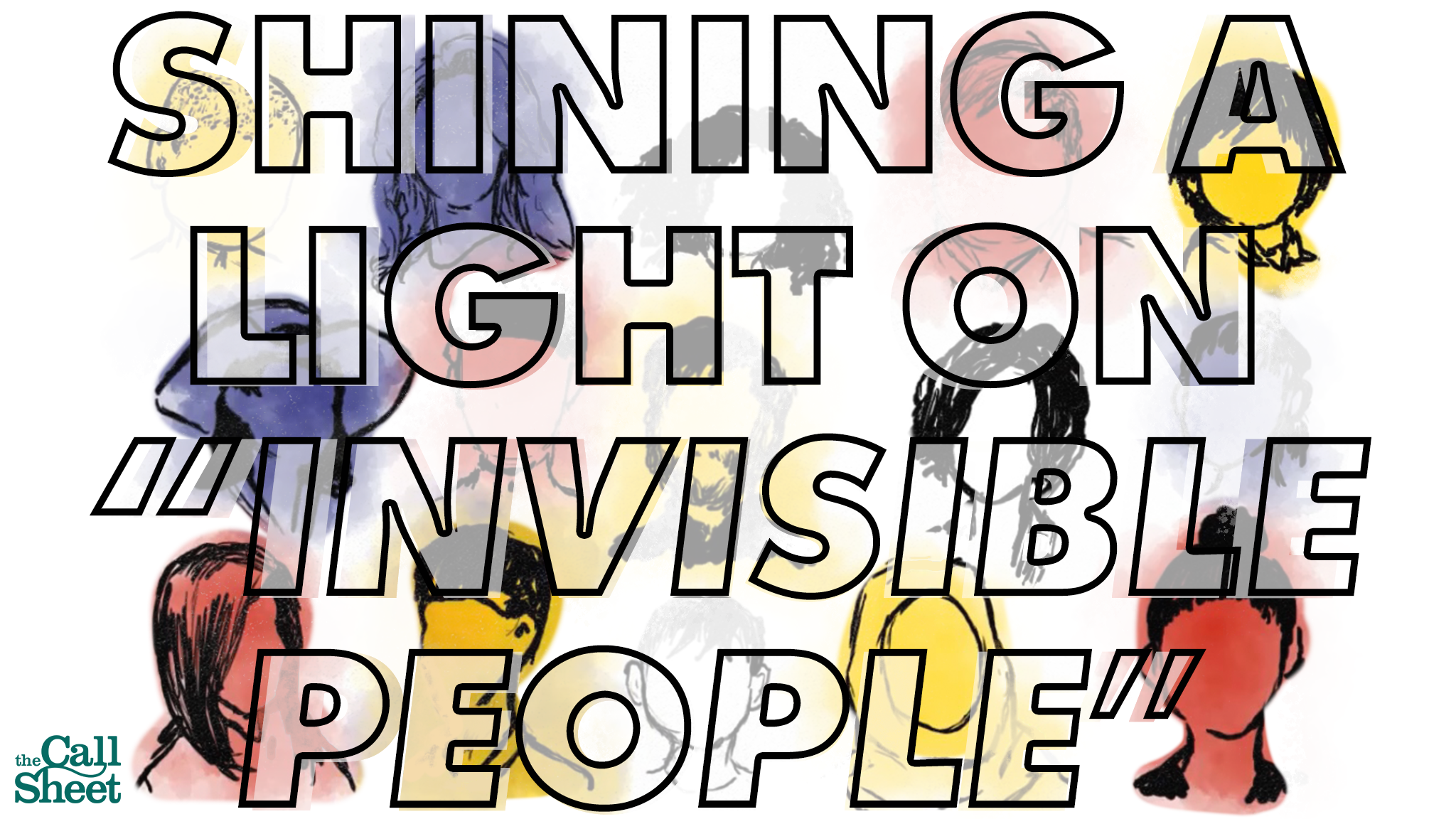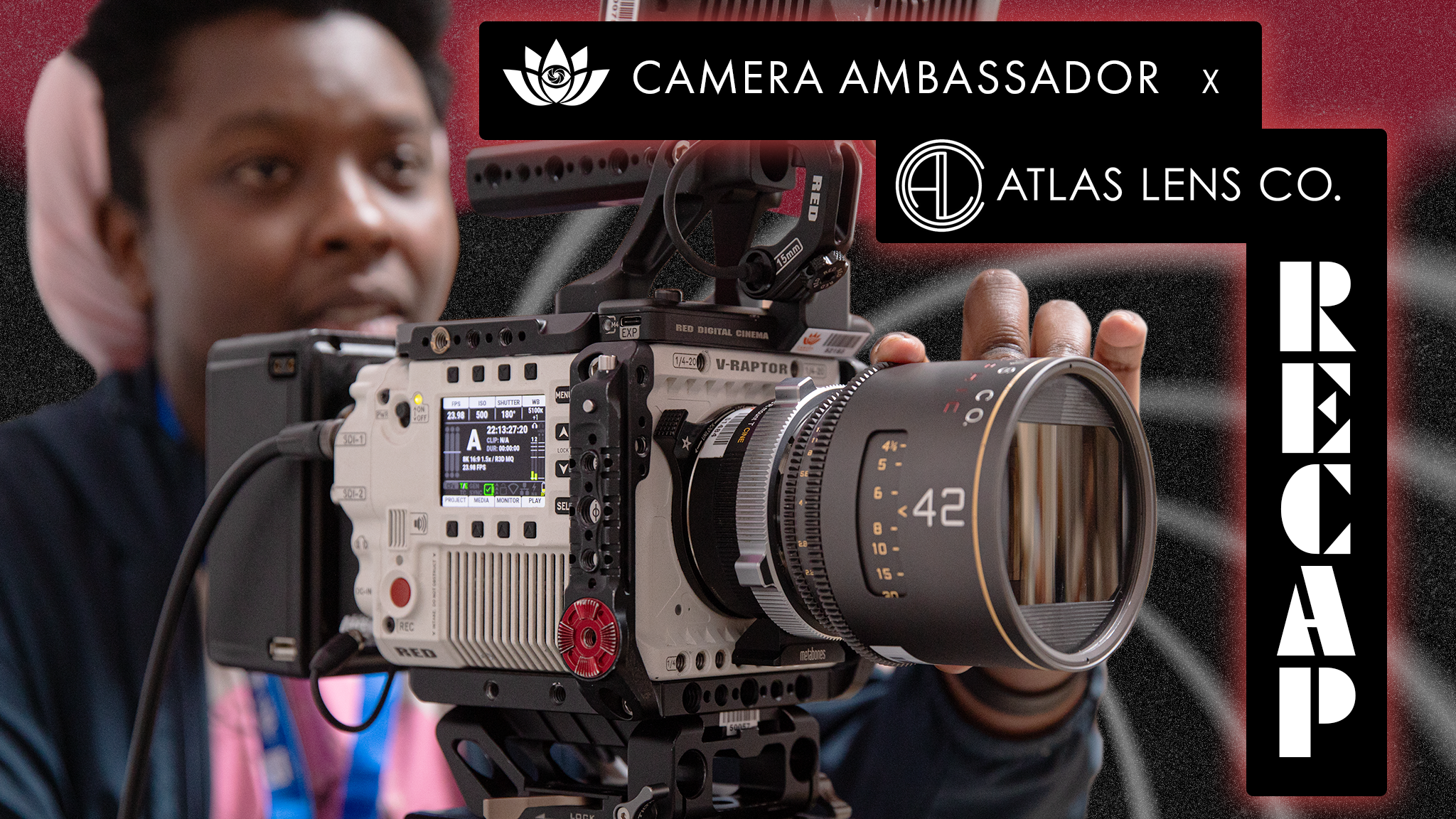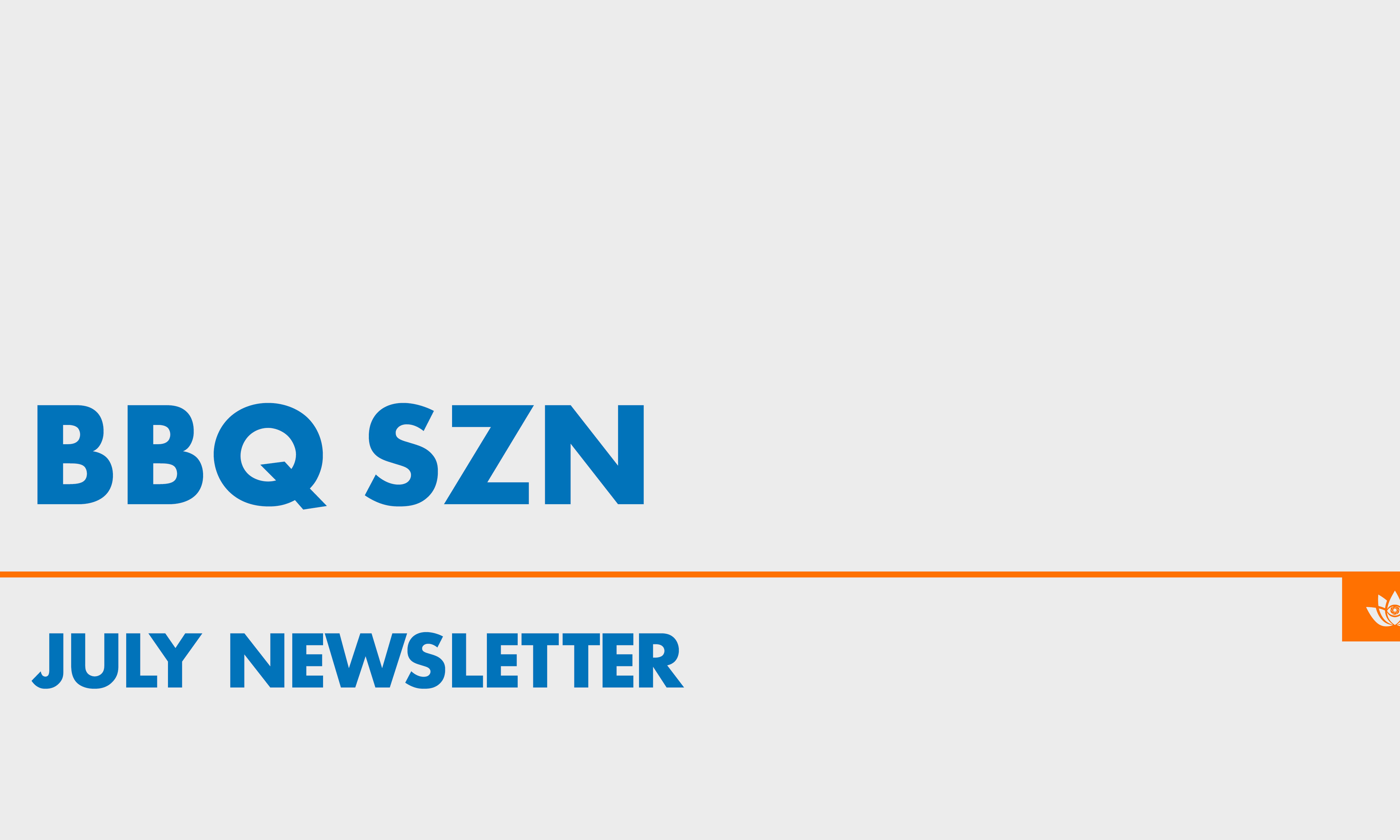Jean Ho shines a light on the Malaysian refugee and stateless community in her animated web series INVISIBLE PEOPLE.
May 26, 2024 screening event at Facets, episodes 1 - 3.
During a late morning on a very rainy day, I had the opportunity to check out a special preview screening of the first three episodes in a six-part animated docuseries, INVISIBLE PEOPLE, directed by Jean Ho. I knew nothing about the project walking into it. I just knew that Jean had invited me, and I was happy to cover it for THE CALL SHEET. I was the first one to arrive at FACETS, and as the time got closer to starting, every seat was taken. I knew with this impressive turnout that I was in for something special.

INVISIBLE PEOPLE is about the stateless and refugee community in Malaysia. Jean Ho, the director, is a DePaul alum (BFA in Cinematography, minor in Screenwriting), and a Malaysian citizen. She was actually not too familiar with these communities until during COVID, when she was quarantined in her home country. She saw in the news that they were fighting for the rights of people in these communities. For instance, there is an amendment in their constitution stating that children who are born overseas by a Malaysian mother, and not a Malaysian father, are considered non-citizens of the country. The amendment is gender-biased, and as a result of it, a lot of children who return with their mothers to Malaysia do not share the same rights or opportunities. Also, despite the progress the UN has made in making detailed plans for refugees, Malaysia has been ignored within their own system. So both of these communities struggle in living sustainable lives in this country.

Jean knew that she wanted to make something about these communities. While she was quarantined, she was taking her classes at DePaul virtually. A friend, Ng Li Wei (goes by Li), who was also a college student quarantined in Malaysia and virtually taking classes, saw Jean’s passion for this project and came on as a producer. Now it was time to find their subjects. Through their social media channels, they found individuals for each episode. They started with the idea of doing a traditional documentary. The plan was they would film the individuals from these communities, and have the filming days set up in the style of a “talking heads documentary.”
The government made this process very difficult, with road blocks set at every district, each requiring paperwork to give them access to the others. Jean and Li put this project on hold while they were figuring out the details. Then the light bulb went on. Jean watched the Oscar-nominated documentary short film on Netflix, A LOVE SONG FOR LATASHA. There was a segment in the film that was animated, and Jean now knew what direction to take the film. They recorded their interviews via zoom and one subject in-person.

In early 2023, Jean reached out to her university for animators through the DePaul online hub for animation students called the animation lounge. She also reached out through the department’s newsletter, and received interest from a handful of animators. The project kicked off shortly after that. For the first three episodes, the animators are Rafaella Villamar (episode one), Sruthi Mohan Kumar (episode two), and Nirva Panchal (episode three). All were in attendance for the Q&A, along with one of the animators who was working on episode five, Reuben Gasiel Densmore.
The screening began with episode one, which told the story of a mother, Adria Sharmi Elwell, and her child, Rishon. Adria is Malaysian born, but because she has a son with a man who is not a citizen of Malaysia, the son has no citizenship in her country. The hard fact is that Malaysia denies women the equal right to confer citizenship to their overseas-born. You can see how these barriers have affected the sustainability of her life and her child. This episode was really special because it put you in the shoes of a mother of a stateless person.

The second episode featured an interview with powerhouse Dr. Tamara Joan Duraisingam, Senior Lecturer in the Faculty of Business and Law at Taylor's University Malaysia. Her concentration at the University concerns stateless, refugee, and citizenship issues. Through her on-site research, she revealed some of her findings, and educated us on a lot of the pain points of these issues in Malaysia.

And then episode three, the last but definitely not least, was my favorite of the bunch. The subject of this episode is Tawk Lian Sang, also known as Peter. He is a refugee from Myanmar, and is so passionate about building his school in Malaysia in order to provide education for the community. Even though Peter had dealt with a lot of road blocks of his own because of his status, his heart was so full for these children and their futures. His faith is a big part of the reason he feels so much love in his life. It was really inspiring to hear his story. All three episodes had a different style of animation. This made the series more engaging, because the animation style catered well to elevating these three stories.

During the Q&A, I got to hear from each of the animators about their journey in prepping for this series. Jean was a great facilitator in educating all of the animators, and helping them in their preparation and process. Keiph Oliver, also a producer of the series, moderated the Q&A with the team. Jean got to go more in depth about her process, and also gave the audience a lot of “call to actions” to support these communities. The animators talked about how Jean facilitated this process. She gave each of them freedom to bring their own style and approach to their episode and make it their own.
As all three of the animators were in school at the time, it really was a balancing act for all of them, but they all were very grateful for the opportunity. They all also realized the importance of sharing these stories, and the power that the medium of animation had to do that.
To learn more about this project you can check out their website and follow them on their their Linktree: https://linktr.ee/invisiblepeopledoc. Check out the INVISIBLE PEOPLE pitch video: https://vimeo.com/855431962.



